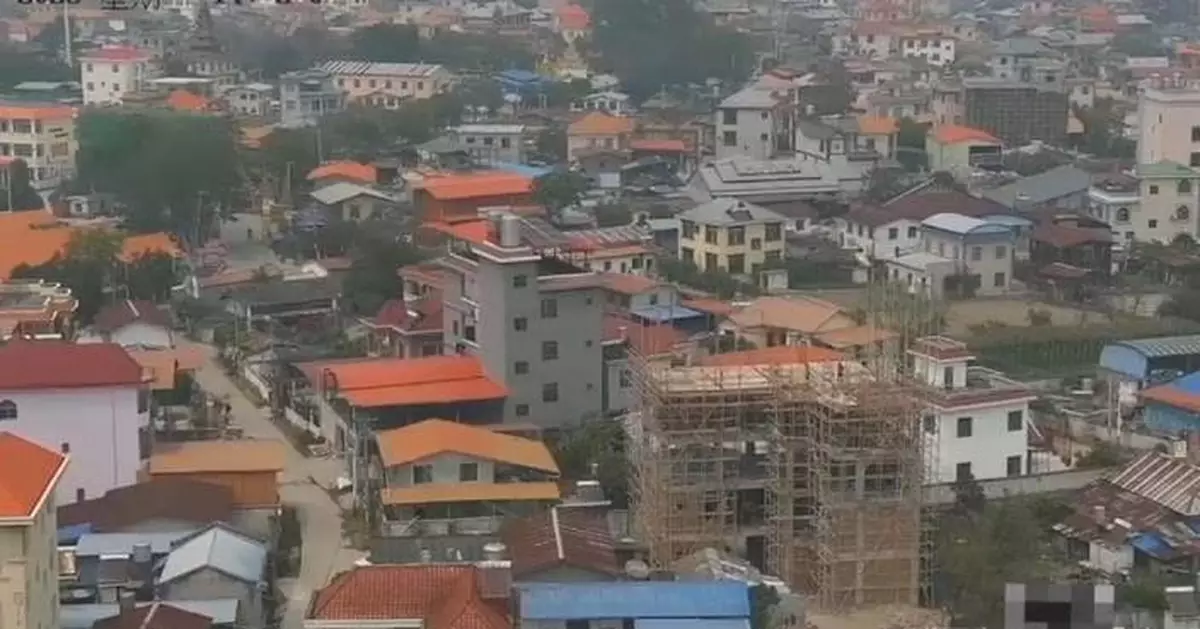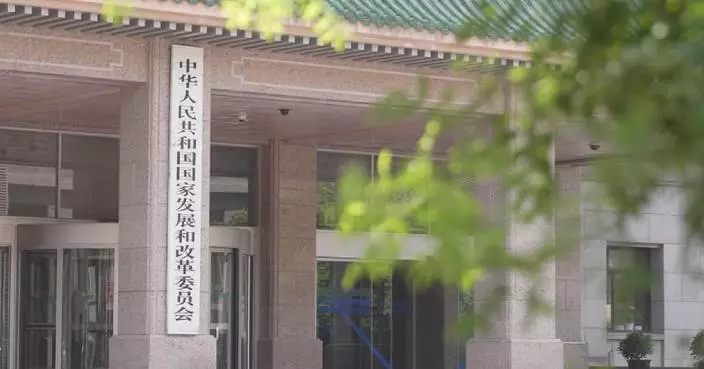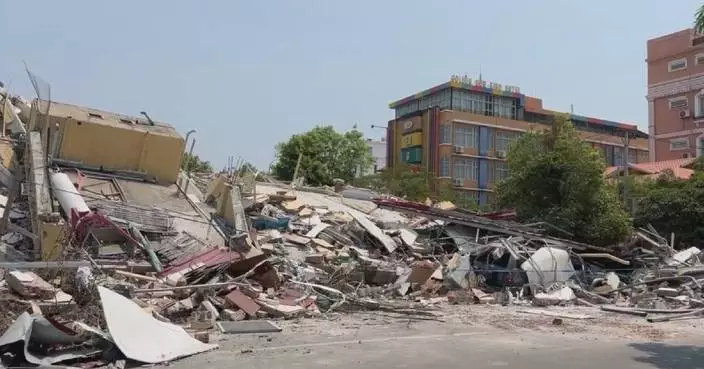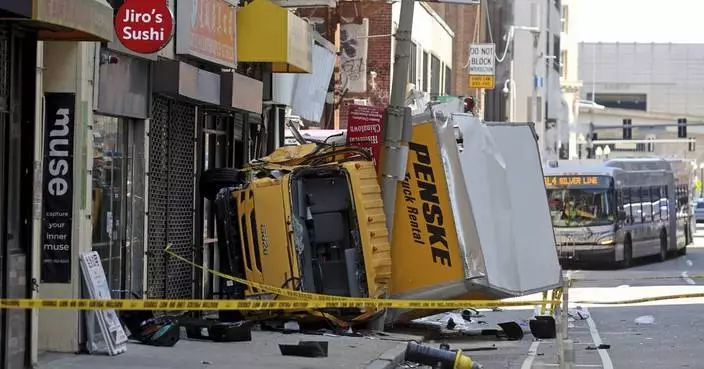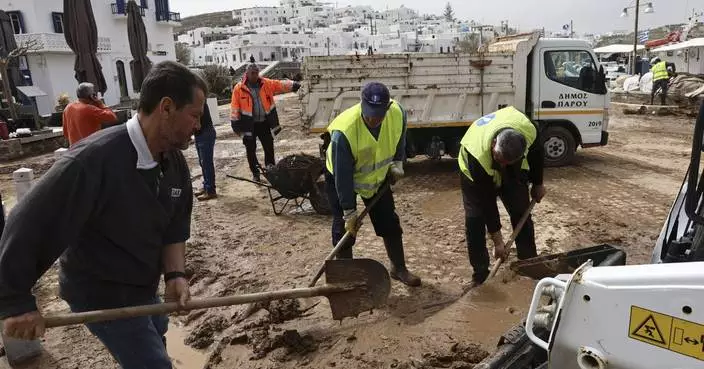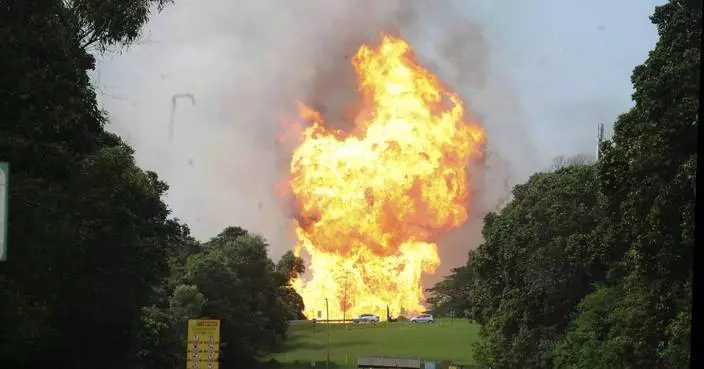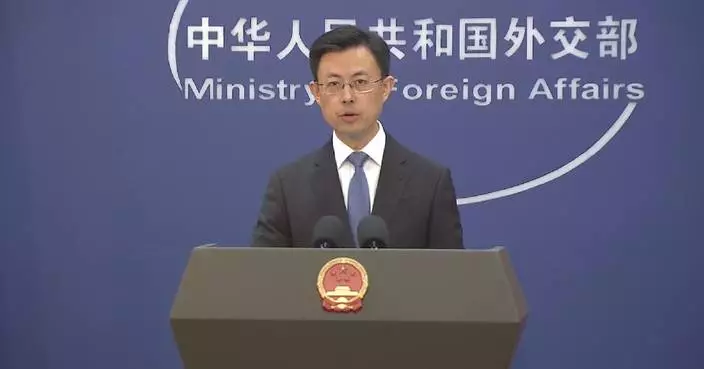The devastating earthquake in Myanmar has left more than 847 homes damaged in southwest China's Ruili, a border city in Yunnan Province, affecting over 2,800 residents as of Saturday noon, according to local authorities.
The 7.7-magnitude earthquake struck 16 km NNW of Sagaing in central Myanmar at around 12:50 local time (06:20 GMT) on Friday.
The epicenter, with a depth of 10.0 km, was initially determined to be at 22.01 degrees north latitude and 95.92 degrees east longitude.
According to the Information Team of Myanmar's State Administration Council, the death toll from the earthquake has risen to 1,007, with 2,389 injured and 30 missing as of Saturday afternoon.
The tremors were strongly felt across several areas in Yunnan, particularly in Ruili, located about 300 kilometers from the epicenter. The city experienced intense shaking, leaving significant damage in its wake.
While two people in the city sustained minor injuries, their condition remains stable.
In response, local fire department mobilized 21 fire trucks and 96 rescue personnel, while the police deployed 47 vehicles and 285 officers for emergency response and order maintenance. Additionally, 250 personnel from the transportation department were dispatched to ensure clear access on the roads.
Currently, essential services including water, electricity, transportation, and telecommunications in the city have been gradually restored to normal.
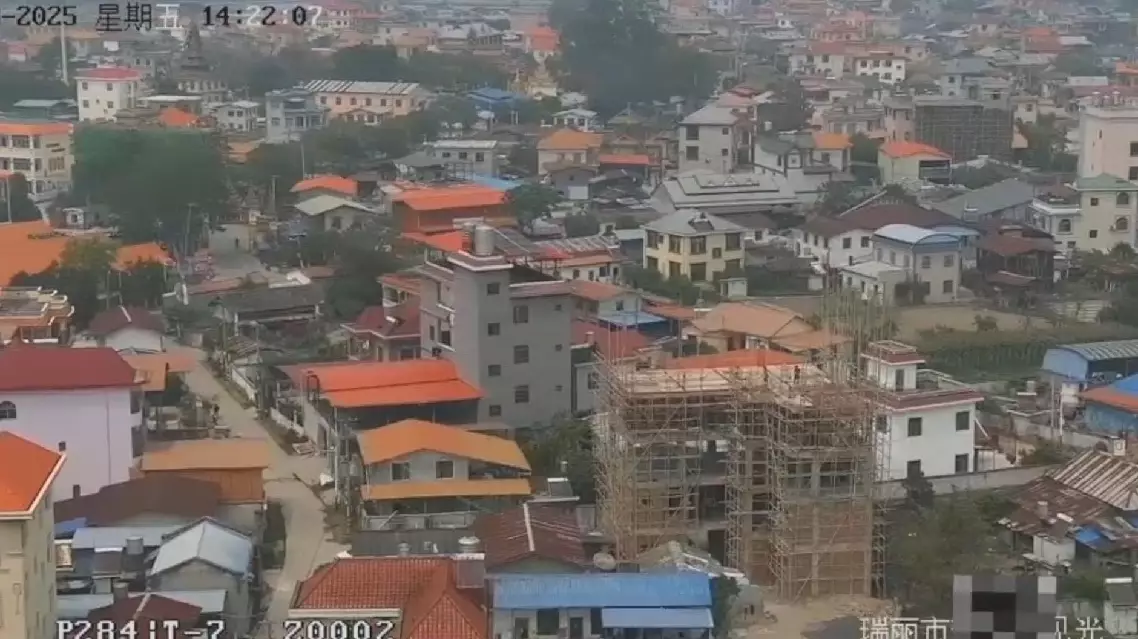
Myanmar earthquake leaves over 800 homes damaged in China's border city
Los Angeles is grappling with rising costs and delays in its wildfire recovery process, as tariffs on construction materials imposed during the Trump administration compound the challenges.
The devastating wildfires recently destroyed over 17,000 homes and businesses, leaving communities urgently pushing forward with reconstruction.
The Trump administration has recently rolled out new tariffs on a wide range of construction materials, including steel and aluminum, from the main trading partners of the United States, such as Canada, Mexico, and China. This has significantly driven up costs, further complicating the recovery efforts
"As the city and county of Los Angeles move aggressively to rebuild the wildfire areas in Malibu, Pacific Palisades, and up in Altadena, to build those houses, we need softwood lumber, aluminum, and steel from Canada," said Gene Soroka, executive director of Port of Los Angeles.
While the tariffs aim to boost domestic production, the transition will take time. In the interim, the shortage of materials is creating ripple effects across the construction sector.
"We are still handling a lot of imported steel, despite the tariffs because there's not enough American manufacturing of steel right now. So, one of the unintended consequences that this has done the wrong way is you don't have enough steel. That impacts construction, that impacts economic growth across the board," said Weston Labar, chief strategy office of Waterfront Logistics.
According to the Associated General Contractors of America, housing costs could skyrocket by almost 50 percent, widening the gap between insurance payouts and actual rebuilding expenses. It may force many homeowners to delay or even abandon their reconstruction plans, prolonging the housing shortage in Los Angeles.
Tariffs are also driving up prices for other products, impacting recovery efforts.
"We need appliances from Mexico, furniture from China, and all of those prices are going up, whether anticipatory, or real as these imports are coming across our port complex. So, we've got to have some pretty detailed discussions about this because families who want to rebuild, businesses who want to get back into the office are going to be impacted by these tariffs one way or another," said Soroka.
As Los Angeles strives to recover, the economic uncertainty caused by tariffs presents a formidable obstacle.
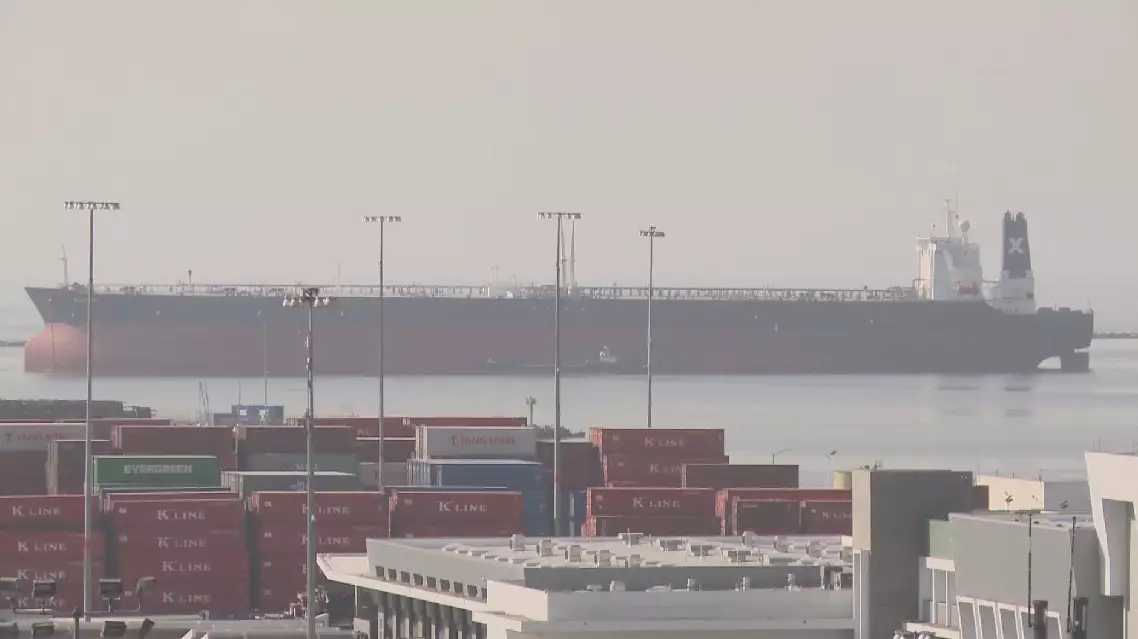
Tariffs add strain to Los Angeles wildfire recovery efforts



